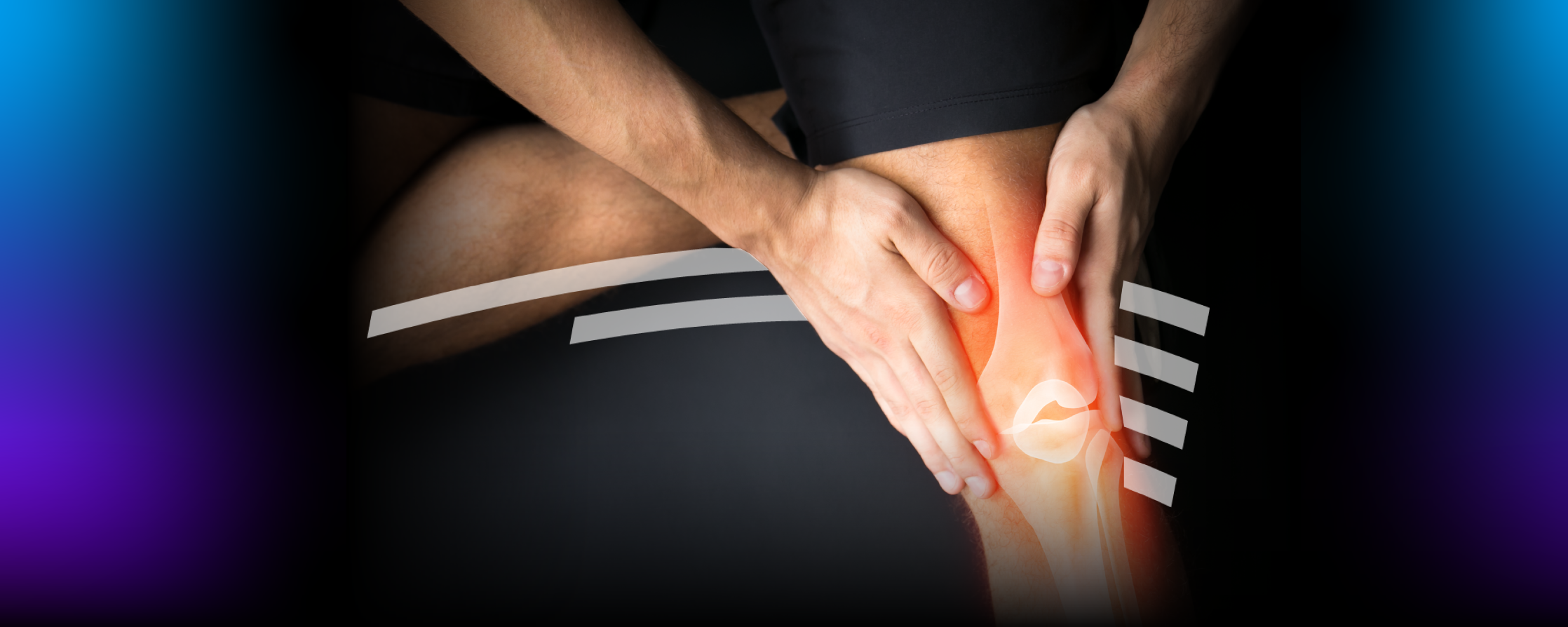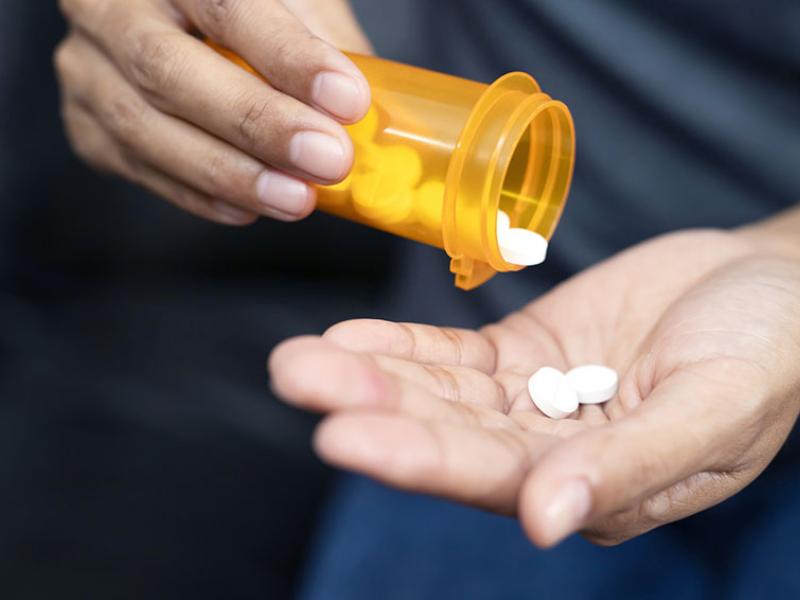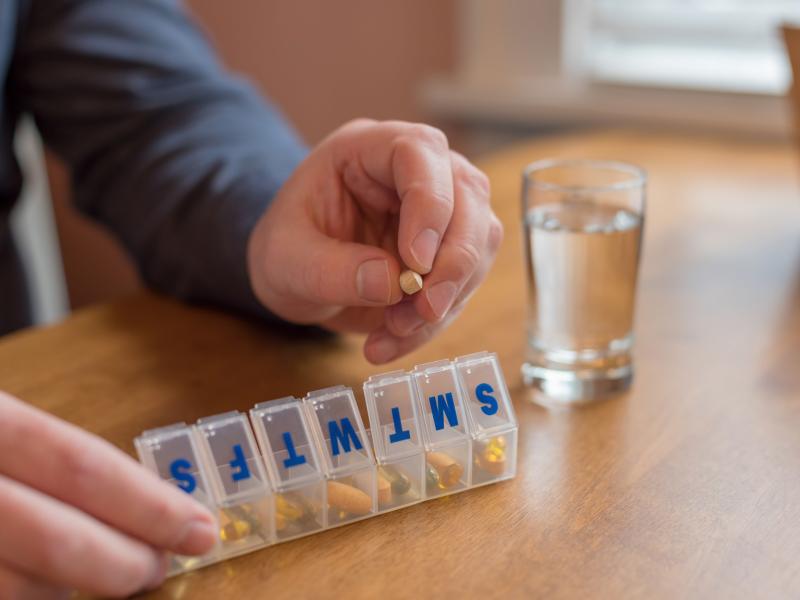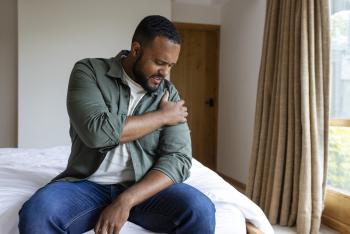Shoulder pain can result from injuries, arthritis or other conditions, and determining the right...
Read More
Osteoporosis, the weakening of bones, affects almost 20 percent of women ages 50 and over. This common condition can affect your quality of life and make you more prone to breaking bones, but the orthopedic specialists at Inspira are here to help.
Osteoporosis—which literally means “porous bone”—is a condition in which bone mineral density and bone mass decrease, causing weak, brittle bones that are more prone to fractures.
The exact cause of osteoporosis is unknown, but a number of factors can put you more at risk for developing the condition, including:
Usually, there are no obvious symptoms of osteoporosis, which is why it’s important to visit your health care provider regularly to get screened as you age. If osteoporosis is left untreated, you may experience loss of height (an inch or more), change in posture (stooping or hunching forward), shortness of breath, frequent bone fractures and/or lower back pain.
The best way to diagnose osteoporosis is with a bone mineral density screening, also known as dual-energy X-ray absorptiometry or DEXA scan. All women and people assigned female at birth over the age of 65, as well as those who are younger and have risk factors for osteoporosis, should get a DEXA scan every two years. Men and people assigned male at birth over the age of 70 should also receive a DEXA scan every two years.


Bisphosphonates are medications that slow bone loss and can be given in either pill or intravenous (IV) form. Those who can’t take bisphosphonates, may be prescribed denosumab, an injectable medication that prevents bone loss by blocking certain receptors in the body.

Estrogen, especially when taken soon after menopause, can help women and people assigned female at birth maintain bone density.

Anabolic agents, like teriparatide, abaloparatide and romosozumab, are taken for short periods (1-2 years) and may help you build bone density you may have lost.
At Inspira, our experienced team of primary care physicians, endocrinologists, and orthopedic specialists can help assess your risk for osteoporosis, make suggestions for meaningful lifestyle changes and manage any symptoms as they arise. For those diagnosed with osteoporosis, the best treatment option is the one that works best for you. Our providers are here to give you guidance, no matter what stage of life or severity of condition you have.

Shoulder pain can result from injuries, arthritis or other conditions, and determining the right...
Read More
What happens when you injure yourself in a way that no surgeon in your area has ever seen, much less...
Read More
Exercise is vital to good health, but sports and other physical activities can cause injury. Here’s...
Read More